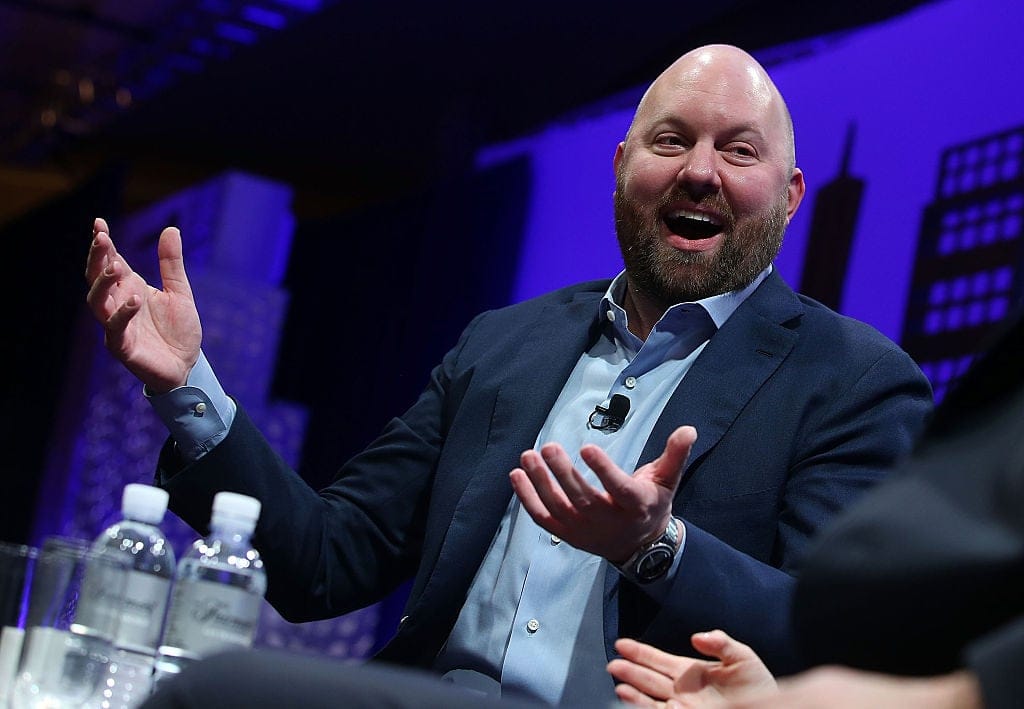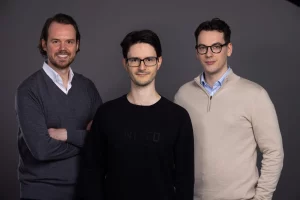
Well-known tech investor Marc Andreessen believes AI companies may have to prepare for a price war. At OpenAI, however, people are more optimistic about the future.
Is artificial intelligence more like Google or like a sack of rice?
This is not a mystery. Instead, it is one of the fundamental (and perhaps surreal) questions facing the AI industry today, according to legendary tech investor Marc Andreessen. Speaking at the Ray Summit, an AI conference in San Francisco hosted by Anyscale, Andreessen said there are two competing visions for the future of the AI industry.
In the first vision, AI startups are in a race where everyone wins. This would lead to “monopolies and infinite profits based on size,” Andreessen said, adding: “The largest company will have the best model that can answer all the questions better, and then they will charge what they want for it.” This is exactly what happened to online search when Google found itself in this position.”
The alternative AI future is not so bright for profit-hungry AI entrepreneurs. Overcapitalized startups could find themselves “in a race to the bottom where selling intelligence turns out to be like selling rice,” Andreessen said. With low profit margins and little product differentiation.
Read too
“It turns out that anyone can build an LLM, there are open source LLMs, there are new LLM startups every day, and it turns out that anyone can scrape the Internet, anyone can buy the GPUs, and then everyone can achieve basically the same result,” he said, referring to large language models, a common type of AI model.
Rice or Google?
So is OpenAI developing the next Google search? Or is it spending billions of dollars to get into the rice business?
We got an answer to the question of how OpenAI thinks about this the next day at the Ray Summit. That was the same day the company closed a $6.6 billion funding round at a $157 billion post-money valuation.
On Wednesday, OpenAI Chief Product Officer Kevin Weil took the stage where Anyscale co-founder Robert Nishihara asked him what open source models mean for OpenAI's business.
These AI models, like Meta's Llama offering, are freely available to almost everyone, while OpenAI sells access to proprietary, closed models. The fear is that cheaper alternatives are good enough for most users, which could undermine OpenAI's ability to charge for access to its top GPT models. In fact, the price that AI companies can charge users per “token” has fallen sharply over the past 18 months.
Weil explained that he wasn't worried. “I'm glad there are open source models. I mean, I think it's not an either/or. From a philosophical perspective, it’s about putting more AI in the hands of more people, and I think that’s great,” he said, mentioning Meta’s approach with Llama. “I also worked closely with Mark for a number of years. I have a lot of respect for him. It’s a super smart strategy for Meta,” he added, referring to Meta CEO Mark Zuckerberg. OpenAI has some open source efforts, he added, pointing to its Whisper audio transcription model.
Weil emphasized OpenAI's superior technology and said: “Ultimately, people want to find the most powerful models at the best price that are also as secure as possible.” He later added, referring to the startup's new o1 model: “Until the As people catch up, we’ll try to be three more steps ahead.”
The cost of production
Towards the end of the onstage interview, however, Weil acknowledged that the window of opportunity for AI companies to charge a hefty premium for their top-of-the-line models is narrow – regardless of how useful the end products are. “The world is going to change, and when it becomes possible to do these things for $3, you can't charge $5,000 for them for much longer, because someone will come along and do it very quickly,” he said. “These things end up close to the actual cost of production.”
OpenAI is growing fast but still losing a lot of money. With nearly $7 billion in the bank from outside investors, it may soon feel more pressure to turn a profit or at least make significant progress toward that goal.
But if downloadable, open-source models bring all prices down to production costs, then Andreessen's first vision – of “infinite profits” – seems a little less likely. Instead, it feels like selling rice.
Read too
This text first appeared on Business Insider US and was translated by the Gründerszene editorial team. Click here for the original.
Source: https://www.businessinsider.de/gruenderszene/technologie/ein-wettlauf-nach-unten-marc-andreessen-prophezeit-zwei-zukunftsszenarien-fuer-ki-unternehmen/




